The Ministry of Health has just issued Circular No. 01/2025/TT-BYT detailing and guiding the implementation of a number of articles of the Law on Health Insurance. In particular, there is a list of 62 rare diseases and serious diseases that do not require a referral letter, and patients are still entitled to 100% of the health insurance benefits (according to the provisions of Point a, Clause 4, Article 22 of the Law on Health Insurance) when going for medical examination and treatment at a specialized level.
According to the Ministry of Health , health insurance participants who fall under the categories specified in this list do not have to comply with the regulations on transferring medical facilities. In the list, the most common diseases are malignant tumors, metabolic disorders, congenital malformations, etc.
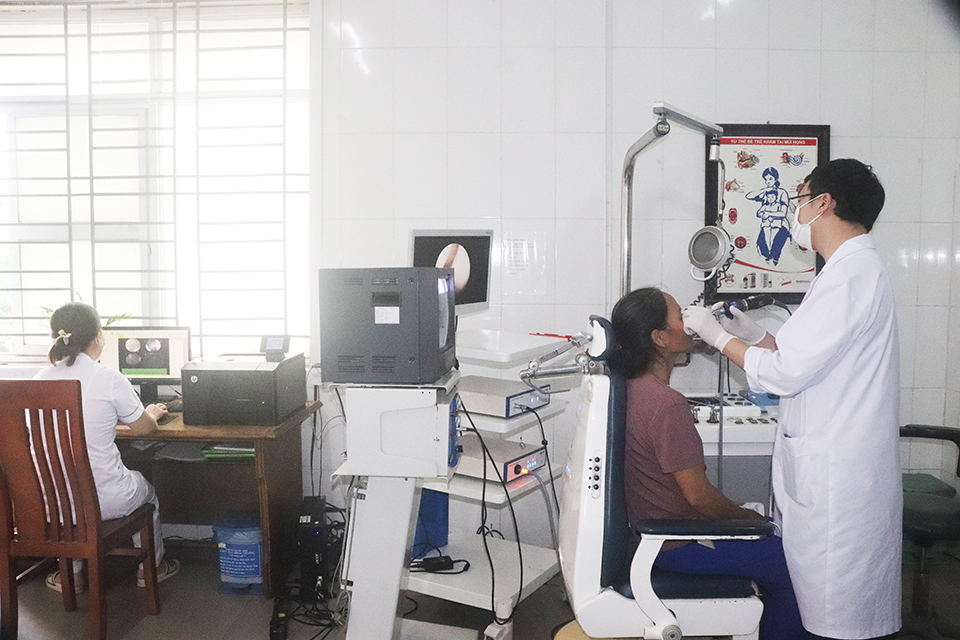
Specifically, the following diseases: tuberculous meningitis (G01*); tuberculous meningitis (G07*); other tuberculosis of the nervous system; unspecified tuberculosis of the nervous system (G99.8*); pulmonary mycobacterial infection; acute pulmonary histoplasma capsulatum infection; acute pulmonary blastomycosis; pulmonary paracoccidioidomycosis; pulmonary sporotrichosis (J99.8*); invasive pulmonary aspergillosis; pulmonary cryptococcosis; pulmonary mucormycosis; disseminated mucormycosis... are entitled to benefits immediately during the medical examination and treatment session with a confirmed diagnosis of the disease.
Heart failure patients diagnosed with stage 3 and stage 4 are also promoted directly to intensive care.
People with malignant tumors (codes from C00 to C97) who meet the following conditions will be directly promoted to the intensive level without having to go through the referral procedure as prescribed (also known as bypassing the line): people under 18 years old; not applicable to cases that have been diagnosed but do not have specific treatment indications.
For diabetic patients, to be promoted directly to the intensive level, they must meet certain conditions. For example, insulin-dependent patients (code E10.7) have complications of grade 2 foot ulcers or have chronic kidney disease stage 3 or higher or have at least 2 of the following complications: cardiovascular, eye, nerve, blood vessel. Non-insulin-dependent patients (code E11.7) have complications of grade 2 foot ulcers or have chronic kidney disease stage 3 or higher.
Health insurance participants are entitled to benefits after being diagnosed with a disease listed in the list of 62 diseases and groups of diseases in Circular 01/2025/TT-BYT.
In cases where the patient has been treated stably or according to professional requirements or medical conditions, the medical facility may transfer the patient to a basic or initial medical facility for continued monitoring and treatment.
According to the current Law on Health Care, the health care system is divided into 3 professional levels: initial - basic - specialized (instead of 4 levels: Central - Provincial - District - Commune).
From 2024 onwards, people with certain serious illnesses, serious illnesses, or illnesses requiring high technology who want to go to a higher level (not the place where they initially registered for health insurance) must follow the procedure of getting a referral letter within the year from a lower level medical facility to a higher level facility with sufficient treatment capacity.
A representative of the Health Insurance Department, Ministry of Health, said that the list of diseases that are allowed to be transferred to higher levels without a referral letter "are diseases that can only be treated at higher levels", and have been carefully researched to ensure that there is no overload at the lower levels.
The Ministry of Health assesses that eliminating this referral procedure will help reduce procedures, create convenience, reduce costs for people and save costs for the Health Insurance Fund.
Source: https://kinhtedothi.vn/62-benh-hiem-hiem-ngheo-khong-can-giay-chuyen-tuyen-van-duoc-huong-100-bhyt.html


![[Photo] Prime Minister Pham Minh Chinh chairs the Government's online conference with localities](https://vphoto.vietnam.vn/thumb/1200x675/vietnam/resource/IMAGE/2025/10/5/264793cfb4404c63a701d235ff43e1bd)



![[Photo] Prime Minister Pham Minh Chinh launched a peak emulation campaign to achieve achievements in celebration of the 14th National Party Congress](https://vphoto.vietnam.vn/thumb/1200x675/vietnam/resource/IMAGE/2025/10/5/8869ec5cdbc740f58fbf2ae73f065076)

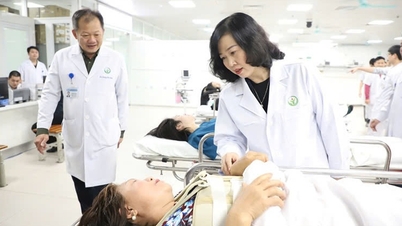

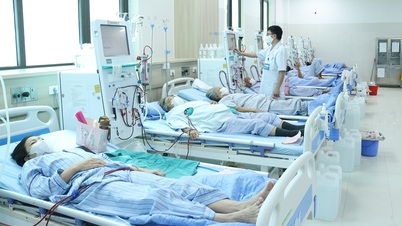




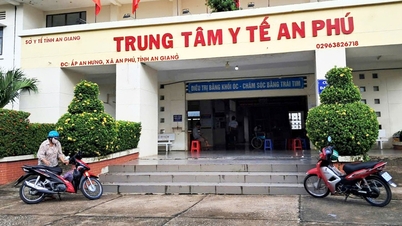
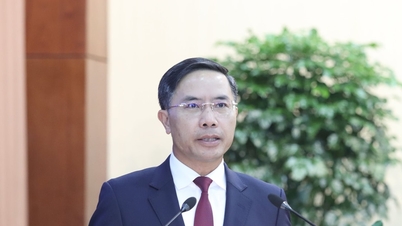



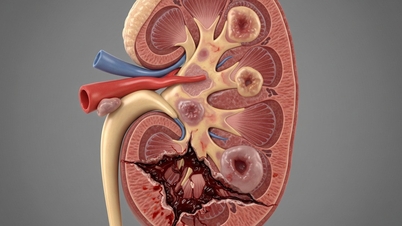

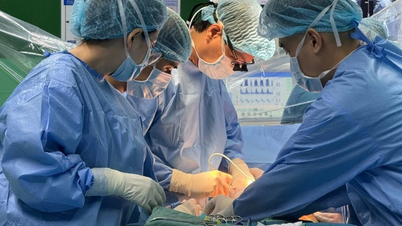

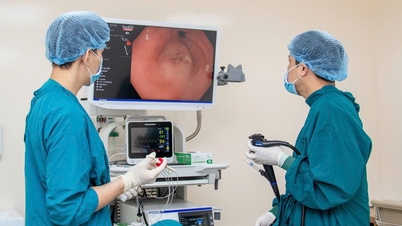
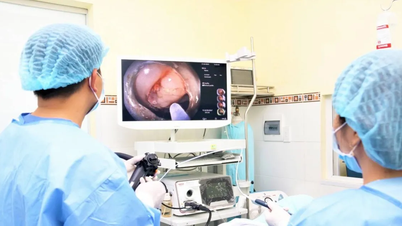



































![[VIDEO] Summary of Petrovietnam's 50th Anniversary Ceremony](https://vphoto.vietnam.vn/thumb/402x226/vietnam/resource/IMAGE/2025/10/4/abe133bdb8114793a16d4fe3e5bd0f12)

![[VIDEO] GENERAL SECRETARY TO LAM AWARDS PETROVIETNAM 8 GOLDEN WORDS: "PIONEER - EXCELLENT - SUSTAINABLE - GLOBAL"](https://vphoto.vietnam.vn/thumb/402x226/vietnam/resource/IMAGE/2025/7/23/c2fdb48863e846cfa9fb8e6ea9cf44e7)
















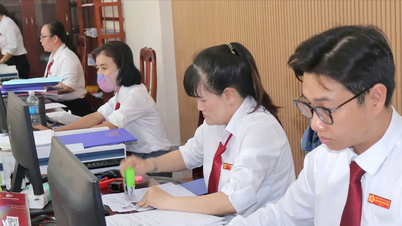


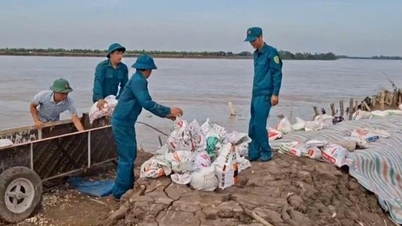














Comment (0)